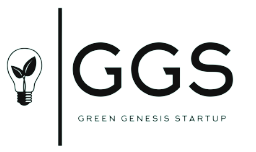
The transition to the circular economy will be systemic, deep, and transformative, in the EU, and beyond. It will be disruptive at times, so it has to be fair. It will require an alignment, and cooperation of all stakeholders at all levels - EU, national, regional, and local, and international.
Therefore, the Commission invites EU institutions, and bodies to endorse this Action Plan, actively contribute to its implementation, and encourages Member States to adopt or update their national circular economy strategies, plans, and measures in light of its ambition. Furthermore, the Commission will recommend
including the circular economy among the topics for discussion on the future of Europe, and a regular theme of citizens’ dialogues.
Measures such as waste prevention, eco-design, and re-use could save EU businesses money while reducing total annual greenhouse gas emissions. Currently, the production of the materials we use daily is responsible for 45% of CO2 emissions.
Moving towards a more circular economy could generate benefits such as reducing pressure on the environment, improving the security of the supply of raw materials, and stimulating competitiveness, innovation, economic growth, and employment.
It can also provide consumers with more durable, and innovative products that deliver monetary savings, and a higher quality of life, e.g. if mobile phones were easier to disassemble, the cost of remanufacturing could be halved.
References
https://archive.ellenmacarthurfoundation.org/es/economia-circular/concepto
